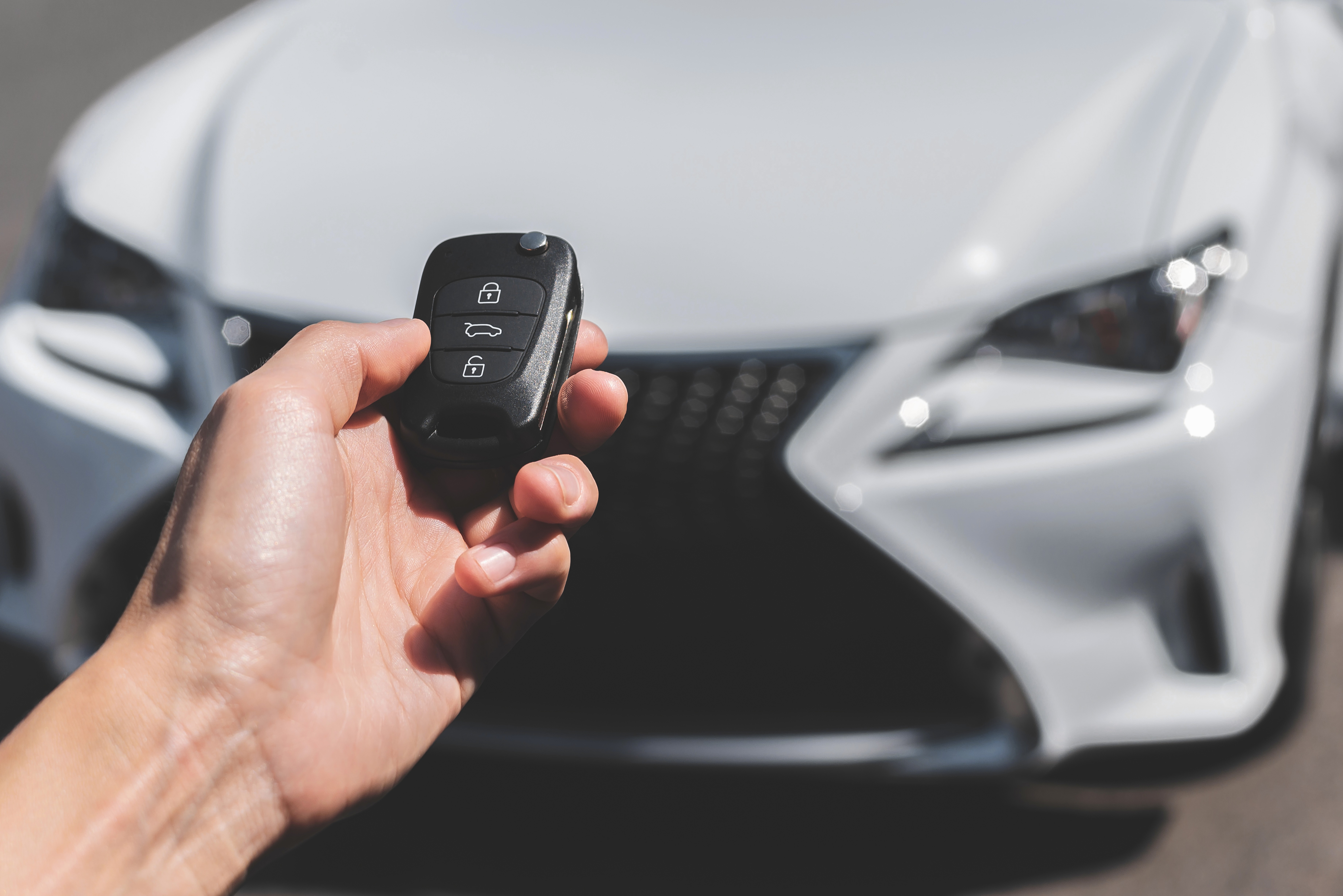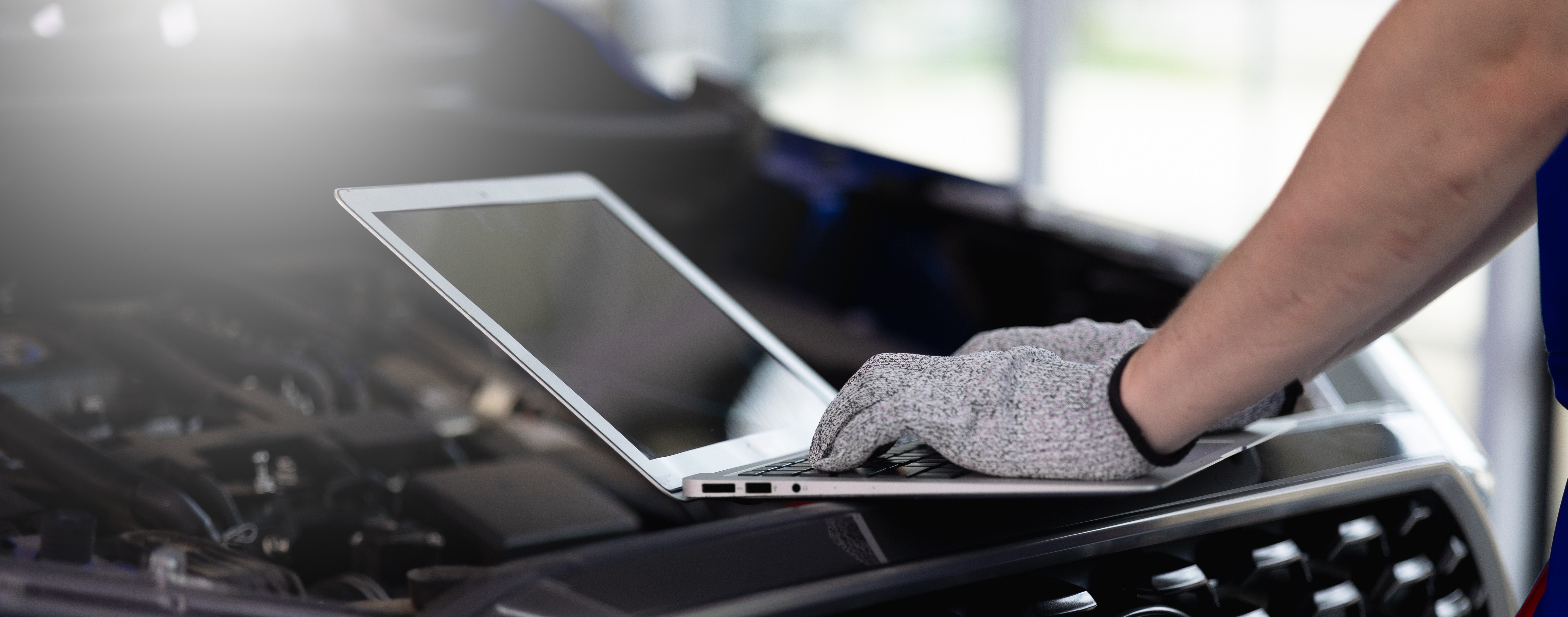Guide to car depreciation
When looking at buying a car, you might have come across the term 'depreciation'. That can be something to consider when deciding what car to buy so we have produced this 'Guide to Depreciation', to tell you about it.
What is depreciation?
Put simply, depreciation is the fall in value of a car to reflect the use, wear and tear it goes through during its life. Although some cars can go up in value, that is usually because they are classic cars or rare models that collectors want and most ordinary cars will only go down in value over time.
Depreciation takes place all through a car's life, with the biggest falls in value normally coming in the first few years from new, when a car's value can fall steeply. Some cars depreciate faster than others but it is not unusual for a car to lose as much as two thirds of its value during its first three years.
The rate of depreciation usually slows down as time goes on but some depreciation will carry on throughout a car's life.
Depreciation on used cars vs new cars
How is car depreciation calculated?
Working out your car’s depreciation rate isn’t an exact science, due to the number of things that can influence it. Generally speaking, a new car depreciates from 15% up to 35% within the first year of ownership, and up to 50% or more over the next three years.
The things that can change the value of your car over time include:
Mileage - the more miles on the clock, the less your car will be worth.
Reliability - as a car owner, you can influence this by making sure that your car is serviced regularly and that you keep a record of it
Fuel economy - this can vary. Sometimes a car with a better fuel economy will depreciate slower.
Number of owners - people prefer to buy cars that have had fewer owners. If a car has had numerous owners in quick succession, it could suggest that there have been issues with the car. When you’re buying a used car, you might like to check this information first too!
Condition - if your car has been damaged on the interior or exterior, then this will lower the value of your car, meaning it will have depreciated.
Service history - if a car comes complete with its full service history, then buyers will be likely to value the car much higher than they would a car without one. This is a proven track record of repairs that your car has had, which gives the buyer confidence that the car will be less likely to break down on them.
Demand - the more in demand your particular car model is, the slower its value will depreciate over time - for example, a very desirable car (such as a classic) depreciates slowly simply because people are happy to pay a higher price for the car.
Car depreciation calculators
How can I reduce my car’s depreciation rate?
With most mainstream cars, you're not going to be able to stop your car’s value from depreciating altogether. Even if the car is sitting idle in your driveway, you can’t stop the car ageing in the sense that the technology will increasingly become outdated over time - which will impact its value.
With that said, there are a few things you can monitor to slow the depreciation rate of your car:
Mileage - more miles on the clock are going to increase the depreciation rate on your car. It’s one of the key things a potential buyer will look at if they’re looking to purchase your car.
Wear and tear - keeping on top of any repairs that your car needs will mean that it’s in a better condition if you decide to sell it.
Maintain your car - keep hold of a full service history of your car, and make sure it is serviced in line with the manufacturers recommendations. A potential buyer will take comfort in knowing precisely how the car has been cared for over time, and by a reputable garage.
Avoid modifications - specialised modifications to the bodywork such as wings, vents and wheel arch extensions can be difficult and expensive to replace if the new buyer doesn’t like them, so they’re best avoided. Also stick to popular colours if you can!
Research depreciation on models - if you’re looking to buy a particular model, have a look around and see how other similar vehicles have depreciated over time.



